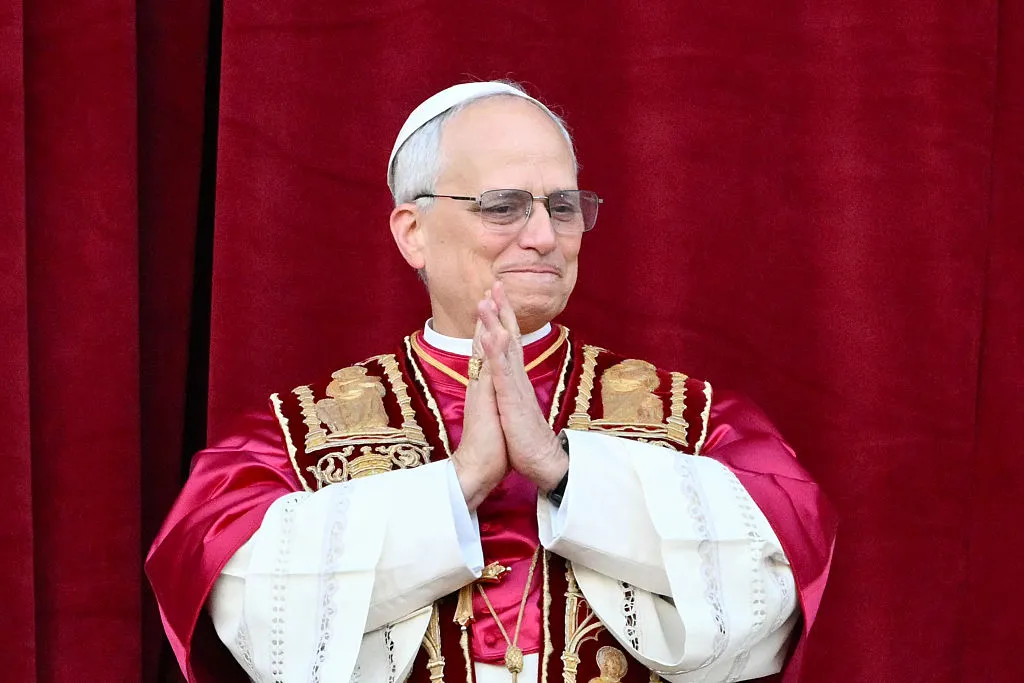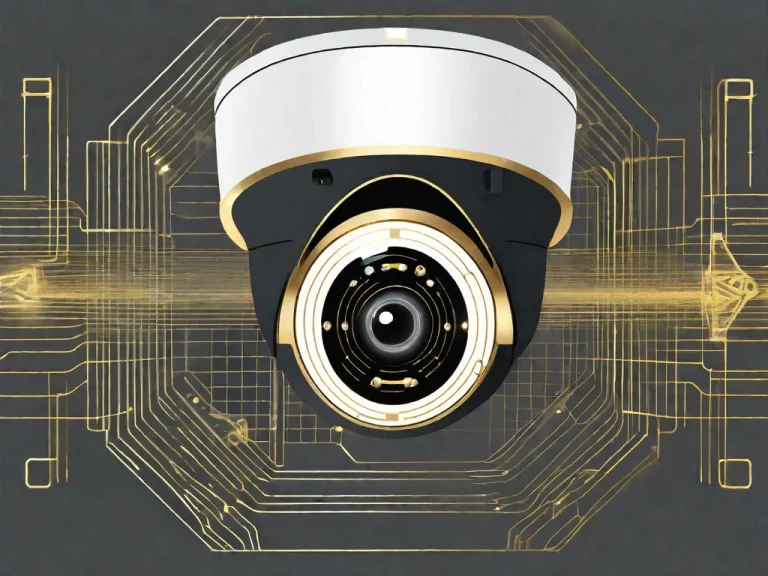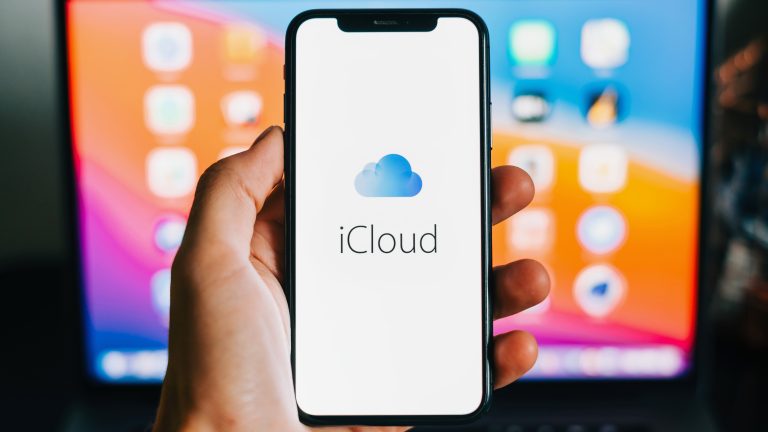
Pope Leo XIV is putting artificial intelligence on trial — and he’s not mincing words. In what’s shaping up to be a defining issue of his papacy, the first American pope is positioning AI as one of the greatest moral and social challenges of our time.
If that sounds bold, it’s by design.
Much like his namesake Pope Leo XIII — who championed workers’ rights during the industrial revolution — Leo XIV is using the Church’s 2,000-year-old playbook of social teaching to confront a new kind of industrial shift: the rise of artificial intelligence.
Speaking to a room of cardinals last month, Pope Leo XIV warned that AI could threaten human dignity, justice, and labor if left unchecked. He’s not against innovation, but he’s calling for responsibility — and regulation.
Tech Giants vs. The Vatican?
For years, Silicon Valley has courted the Vatican, hoping to influence global conversations on ethics and innovation. Executives from Google, Microsoft, Cisco, and more have made pilgrimages to Rome, pitching AI as the future. But Leo XIV isn’t buying all the hype.
Instead, the Vatican is now actively pushing for a binding international treaty on AI — a move that makes tech leaders nervous. While CEOs argue that regulation could stifle progress, the Pope sees it as a necessary safeguard for humanity.
This isn’t just a theological debate — it’s a cultural one. And with the Vatican’s moral weight behind it, the call for ethical AI governance is gaining traction on the world stage.
Why It Matters
The AI revolution isn’t just about new apps and productivity tools — it’s reshaping the workforce, widening inequalities, and raising serious ethical questions. Pope Leo XIV is betting that the Church can guide the conversation — not just from the pulpit, but from the policy table.
And if history repeats itself, he might just shift the global narrative.







